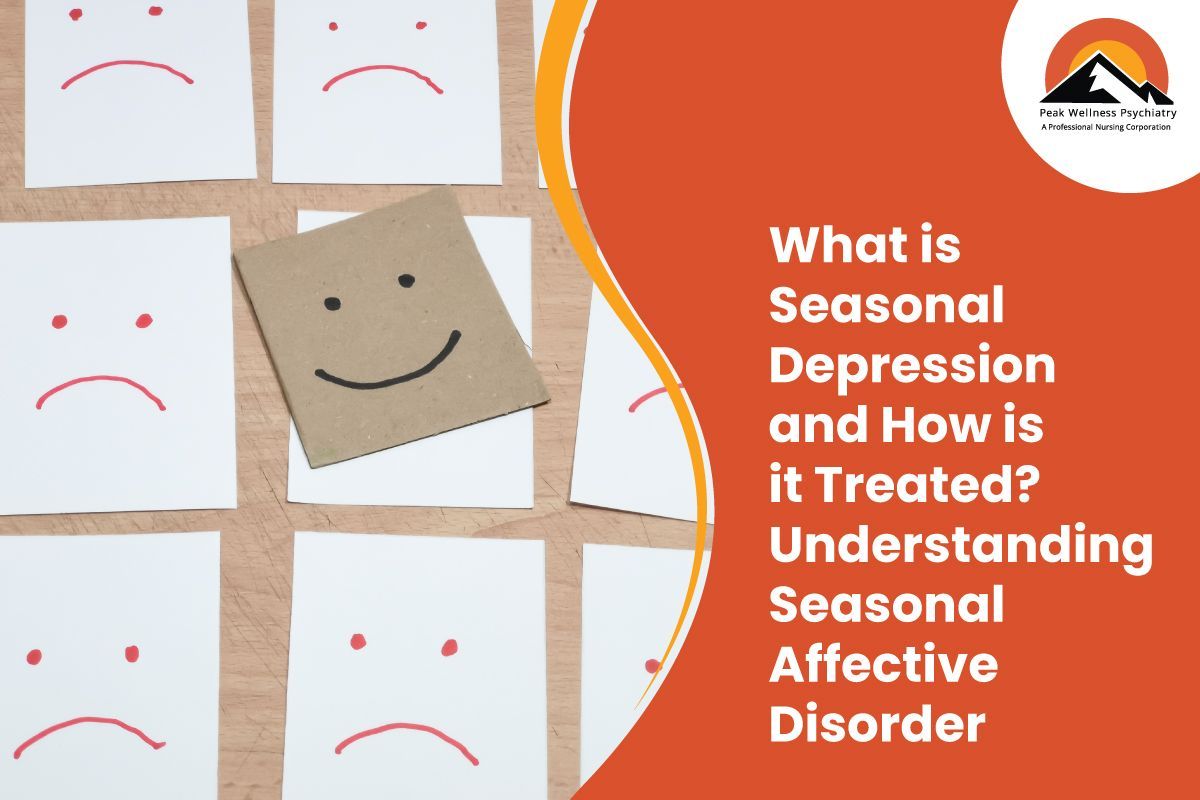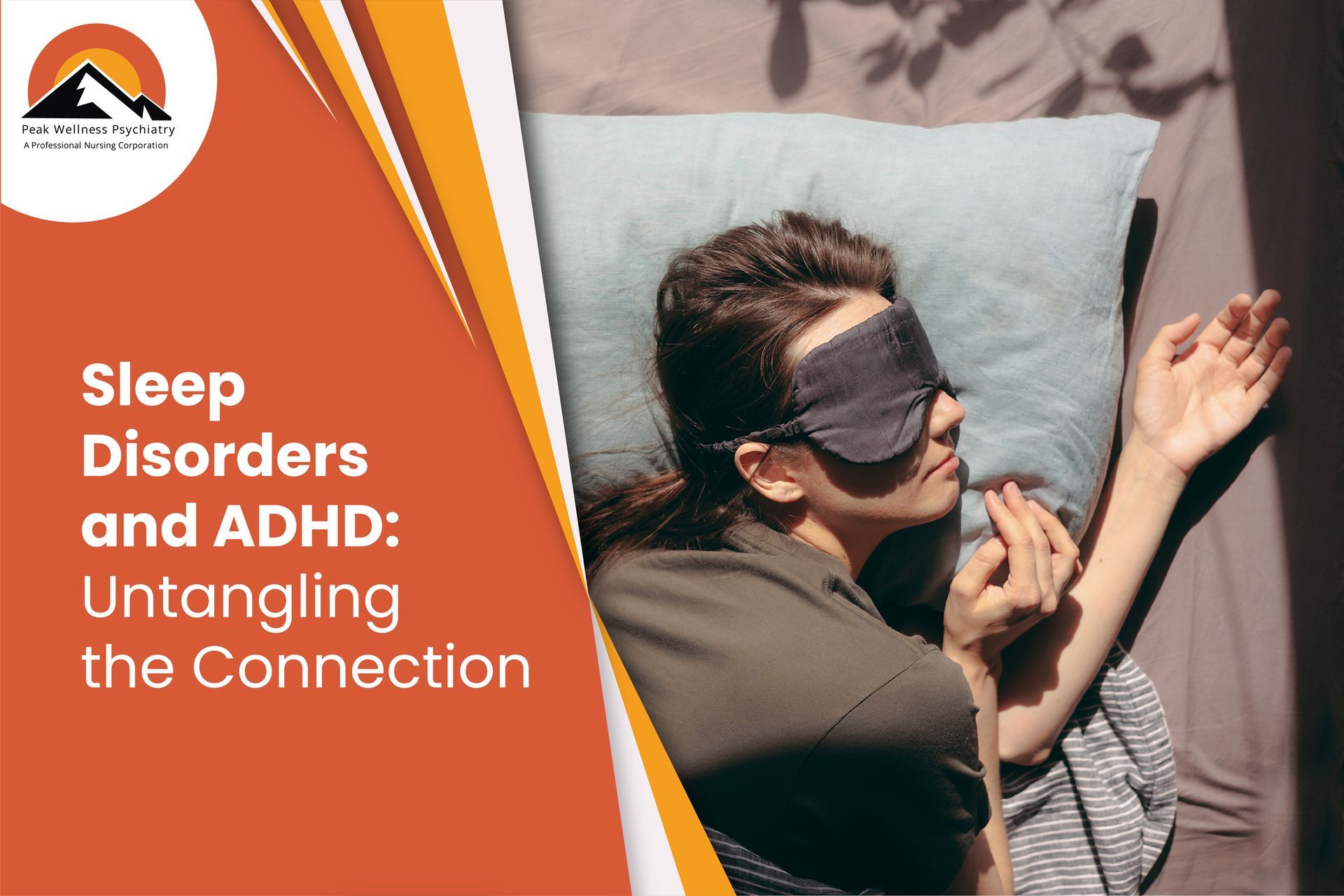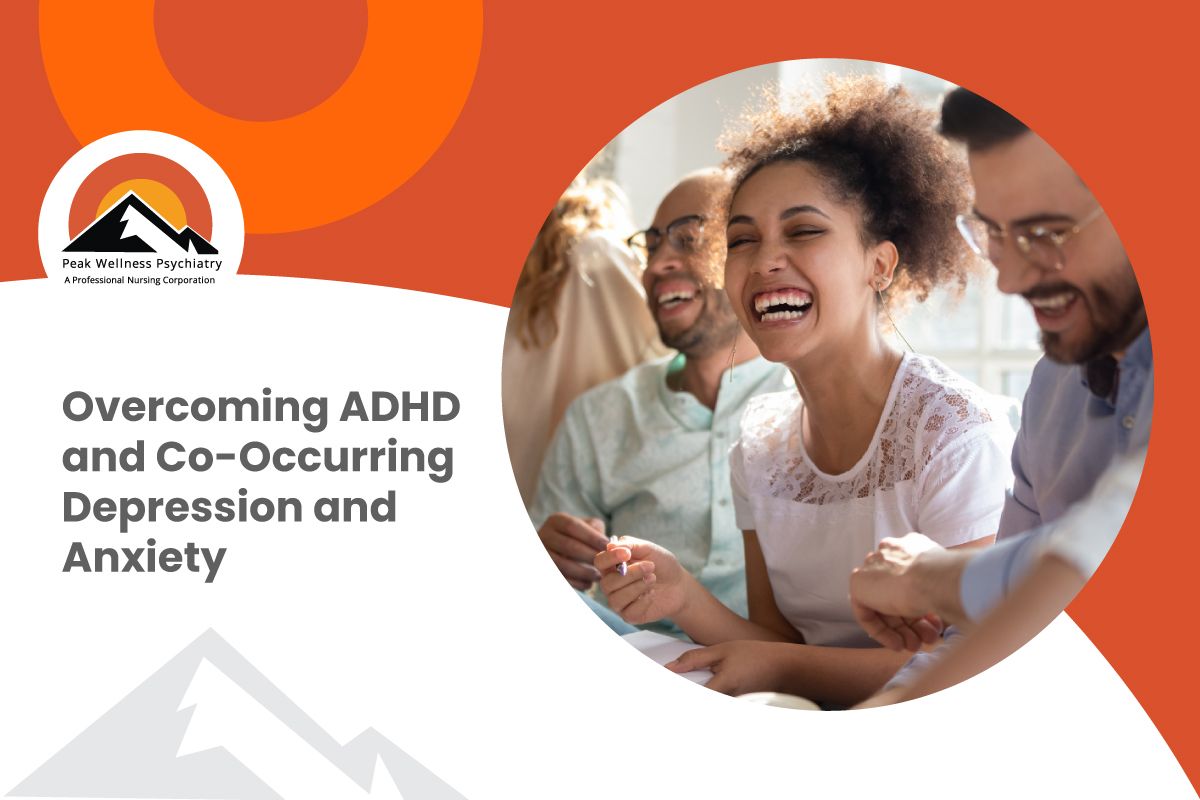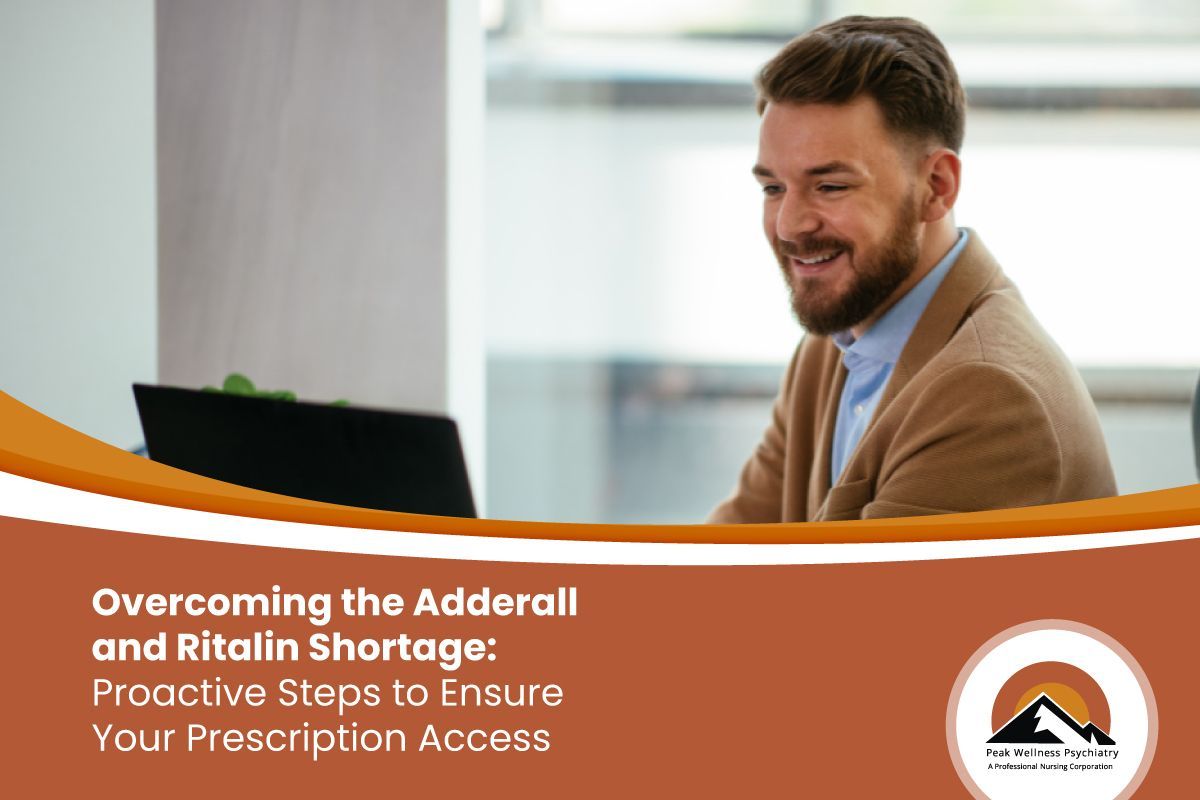Which Anti-depressive Drug Is Right for You?
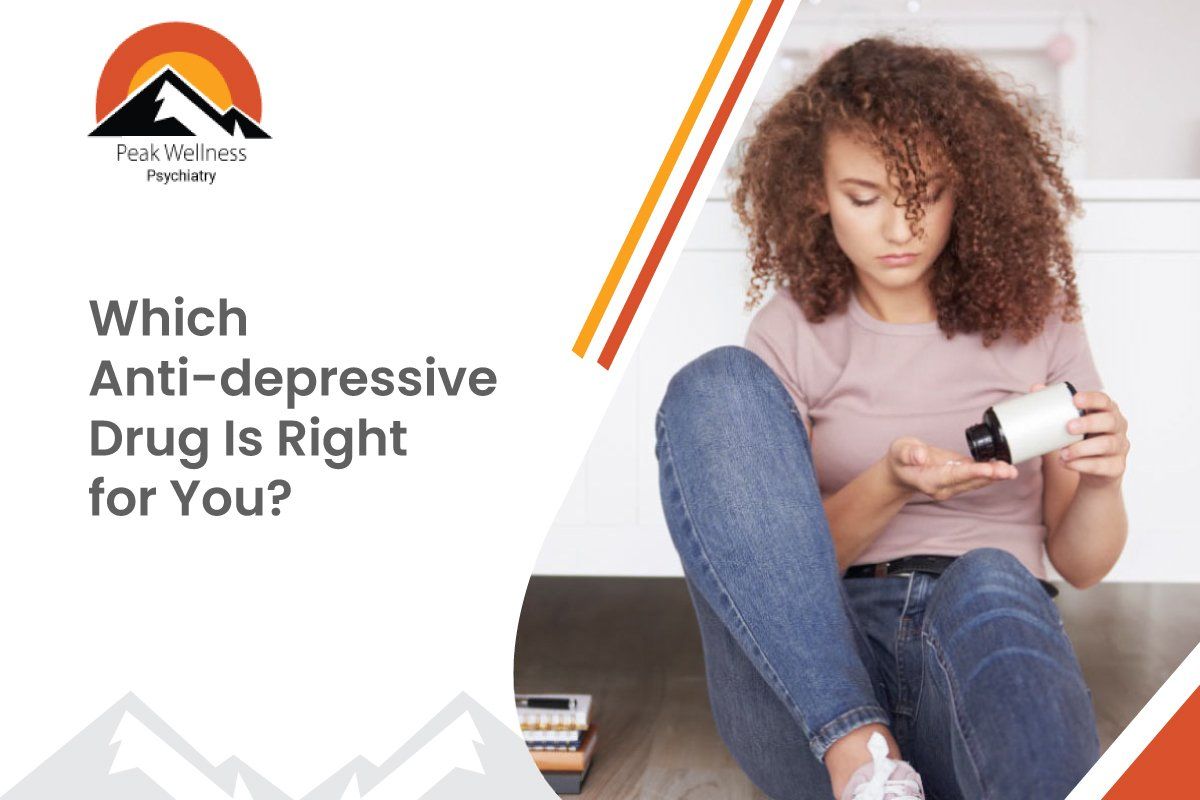
The feeling of depression can be unbearable. With antidepressants, it can potentially transform a person's life if they suffer from the disease. The effects of antidepressants are attributed to balancing chemicals in the brain known as neurotransmitters. Taking antidepressants can help boost your mood, improve your sleep, and increase your appetite.
Knowing which antidepressant drug is right for you is crucial for effectively managing your depression. Here's a quick guide on antidepressants and which one is the best for you.
Understanding Depression
Depression is a common illness worldwide. An estimated 3.8% of the population is affected, including 5.0% among adults and 5.7% among adults older than 60.
Depression is a serious condition and differs from short-lived mood fluctuations and emotional responses to everyday challenges. In particular, depression can become a serious health problem if it is recurrent and severe. As a result, the affected person may suffer greatly and be unable to function well at work, school, and home. In its worst form, depression can result in suicide.
Every year, over 700,000 people commit suicide. Young adolescents and adults between the ages of 15 and 29 are most at risk of suicide
Symptoms of Depression
A depressive episode is when a person feels sad, irritable, or empty nearly every day for at least two weeks and has no pleasure or interest in activities.
Several other symptoms are also present, including the following:
- Having a depressed mood or feeling sad
- Activities that were once enjoyable have lost their appeal or pleasure.
- A change in appetite unrelated to dieting
- Oversleeping or difficulty sleeping.
- Increasing fatigue or a loss of energy
- Speech slurring or increased purposeless physical activity (e.g., sitting still, pacing, handwringing).
- Having a sense of worthlessness or guilt
- Having trouble concentrating, thinking clearly, or making decisions
- Having suicidal thoughts
Treatment for Depression
Depression can be severe, but it's also treatable. Treatment for depression includes:
- Self-care. Depression symptoms can be improved through regular exercise, adequate sleep, and spending time with those you care about.
- Medication. The use of prescription antidepressants can help alter the brain chemistry that results in depression. However, the effects of antidepressants can take a few weeks to appear. Many antidepressants have side effects, which usually improve over time. If not, you should speak with your healthcare provider.
- Counseling. Psychotherapy or counseling involves talking with a mental health professional. In counseling, you learn how to cope with your problems and address them. Sometimes, all you need is a brief therapy session. Therapy may continue for a more extended period for others.
- Brain stimulation therapy. Deep brain stimulation (DBS) is a viable option for some people who have depression. DBS is an option for those suffering from chronic depression or depression resistant to treatment. The DBS procedure involves an invasive surgical procedure, and success rates are variable. Psychotherapy and drug therapy are highly recommended before considering DBS.
Also, read -
Spot the Different Types of Depression.
Types of Antidepressants
There is no single antidepressant that is more effective than another at treating depression overall. Most people find that some antidepressants are more suitable for them because they work better or cause fewer side effects.
Here are just some common types of antidepressants that your provider may prescribe to you:
Selective Serotonin Reuptake Inhibitors (SSRIs)
Since SSRIs are generally not associated with severe side effects, they are usually the first line of therapy for depression. By blocking serotonin reuptake, SSRIs make it easier for brain cells to communicate, making moods more stable.
Examples of SSRIs include:
- citalopram (Celexa)
- escitalopram (Lexapro)
- fluoxetine (Prozac, Sarafem)
- fluvoxamine (Luvox)
- paroxetine (Paxil)
- sertraline (Zoloft)
Serotonin and Norepinephrine Reuptake Inhibitors (SNRIs)
In the brain, SNRIs increase serotonin and norepinephrine levels. The neurotransmitters in this group play a vital role in stabilizing mood. SNRIs are, therefore, more potent antidepressants compared to SSRIs since it affects two neurotransmitters instead of one.
Examples of SNRIs include:
- duloxetine (Cymbalta)
- venlafaxine (Effexor XR)
- desvenlafaxine (Pristiq)
Tricyclic Antidepressants (TCAs)
A tricyclic antidepressant affects three brain chemicals. They are serotonin, norepinephrine, and dopamine. Antidepressants of this type are among the oldest. Despite being effective, these drugs are less frequently used due to increased side effects. Compared with SSRIs and SNRIs, these medications take a long time to work.
Examples include:
- amoxapine
- desipramine (Norpramin)
- doxepin (Sinequan)
- imipramine (Tofranil)
- protriptyline (Vivactil)
- trimipramine (Surmontil)
The Best Antidepressant for Me: What Should I Know?
For a specific patient, four primary considerations should guide the choice of an antidepressant:
Balancing Efficacy and Tolerance
Generally, mild to moderate depression should be treated with an antidepressant that is well tolerated and has good efficacy. You should also consider the ease of switching treatment if the first antidepressant may not lead to complete remission.
When a patient suffers from severe depression, efficacy takes precedence over tolerability. In this case, the provider will first choose one of the more potent antidepressants. Usually, drugs with dual modes of action, such as an SNRI or a tricyclic antidepressant, are preferred in this case.
Antidepressants Based on Depression Type and Presentation
Different antidepressants target different symptoms, so patients can choose antidepressants according to their clinical presentation. Additionally, antidepressants can be selected based on the symptom profile of a patient or on a specific subtype of depression.
Safety Considerations
People who suffer from depression are more likely to have suicidal thoughts and attempt suicide. Thus, prescribing antidepressants is taken into many consideration. Giving large quantities of drugs that could cause death if overdosed is not advisable, especially in suicidal patients. One example is SSRIs, which have a lower potential for lethality than tricyclic depressants.
Patient Preference
The preference of the patient is a crucial factor to consider. Many patients fail to achieve remission because they stop taking antidepressants. The only way to achieve remission from depression is to adhere to antidepressants strictly. Therefore, the patient should be involved in the management discussion. Moreover, involving the patient in the decision-making process increases compliance with treatment.
The Best Way to Use Antidepressants
To get the best results from an antidepressant, you should:
- Maintain the correct dose of your antidepressant and take it consistently. If your medicine isn't working or causing unwanted side effects, consult with your healthcare provider before making any changes.
- Patience is key. Once you've chosen an antidepressant, you might see improvements in a few weeks, but it may take six weeks or more to fully take effect. Others may require gradual dose increases. Consult your provider or therapist about coping with depression symptoms during the waiting period.
- Watch for improvements in side effects. It is common for antidepressants to cause side effects that gradually improve over time. SSRIs, for example, can cause dry mouth, nausea, loose bowel movements, headaches, and insomnia initially. Still, these side effects usually subside as your body adjusts.
- Consider psychotherapy. Antidepressants are often more effective when taken with psychotherapy rather than alone. Additionally, it can help keep you from relapsing into depression after you feel better.
- Don't drink or take recreational drugs. Even though alcohol and drugs alleviate depression in the short term, they can worsen symptoms over time and make depression harder to treat. Consult your healthcare provider or therapist if you need help with alcohol or drugs.
Get Personalized Treatment for Your Depression
Peak Wellness Psychiatry acknowledges that depression can affect anyone. Our
Telepsychiatry service allows you to talk to us from the comfort of your home or office.
If you are looking for an online psychiatrist, look no further! Peak Wellness Psychiatry offers telemedicine to patients in California, Arizona, and Washington. Additionally, we accept various insurance plans and offer convenient online depression prescriptions.
When it comes to managing depression, you deserve the best. Call (888) 909-8676 or click the highlighted link for an appointment. Click the above-highlighted name of our clinic.




